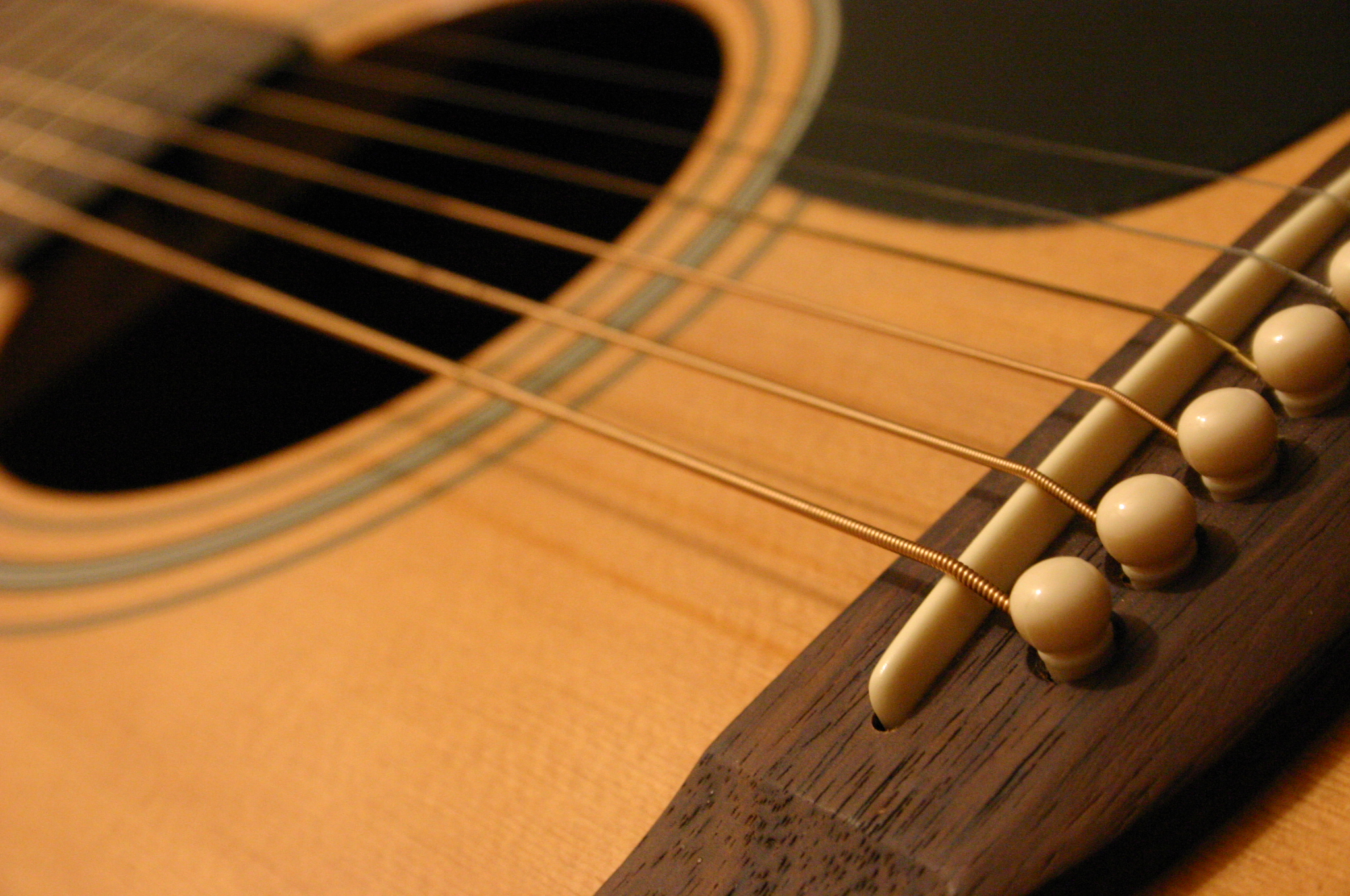Part of the job of a parent is to sort out which activities best resonate with our children and to support focus in their interests. With the array of extracurriculars available for today’s youth, it can be hard for a parent to determine what activities or areas of study are worthwhile for their child to explore. Kids are unique, dynamic individuals and tend to have quickly changing interests. More commonly than not, they come across the idea to study music.
Musical study can be a sizeable yet rewarding commitment. There are several benefits attached to receiving music lessons at a young age, including:
• Increase in IQ scores
• Enhanced self-esteem
• Improved test scores
• Enhanced social development and verbal communication skills
• Music lessons provide "lasting brain effects"
• Refined understanding of patience and discipline
If your child has expressed interest in learning an instrument, I urge you to explore these benefits, outlined below. Considering such advantages can help you to determine if lessons are best suited for your child, or even motivate you to keep your child committed to learning their instrument.
Increase in IQ Scores
In a study conducted by E. Glenn Schellenberg, four groups of children were assigned to different areas of study and taught at at the Royal Conservatory of Music (Toronto) for 36 weeks. The four distinct music groups consisted of keyboard, voice, drama and a control group where no lessons were given. The study found that the students who studied music (keyboard and voice) experienced a greater improvement in IQ scores than the students who had taken drama or the students who didn't take lessons at all. Taking music lessons in childhood plays a significant predictor in increased IQ scores in young adults. The reasoning behind the increased IQ scores with the music students is still being studied, however, Schellenberg speculates it may have something to do with music being a focused, school-like activity with lower risk; it is rewarding, yet less intensive to study.
Enhanced Self Esteem
Students taking private lessons or taking a music class in school will receive continuous feedback about the sound of the music and how their tone is affecting the music. The ability to take constructive criticism from a teacher and turn it into a positive is a skill that can be utilized in other areas of life such as social settings, future workplace/career situations or athletic performances. Furthermore, if students perform in recitals or concerts, they learn to demonstrate a learned skill to a large group.
This process of learning and performing for others greatly enhances students’ self esteem because it's something that they've worked hard on and have taken the time to study. The nice thing about this process is that each student can work on music or songs that are meaningful to them so they are empowered to study and keep up with their practice habits.
Improved Test Scores
Research has shown that students who have studied from Elementary schools with high quality music programs have increased scores on standardized tests. In a 2007 study from Christopher Johnson, a professor of Music Education and Music Therapy from Kansas University, findings revealed that students who studied music tested approximately 22 percent higher in English and 20 percent higher in math. Johnson explains that the focus needed for studying music is the same type of concentration needed to execute well on standardized tests.
Refined Understanding Of Patience and Discipline
Students that begin their journey of learning an instrument quickly learn that becoming a proficient musician is a process that takes time, patience and discipline. In learning these concepts, students learn the intrinsic value of refining and mastering a particular piece of music or musical technique. Although patience and discipline are part of the process of excelling at an instrument, the sense of accomplishment in playing a well crafted song helps students realize the importance of patience and discipline.
Enhanced Social Development Skills
When children study music, they are learning how their individual sound is affecting those around them. If the student is in a large ensemble like orchestra or even in a smaller band like a duo or trio, they are a part of a community of other musicians, with each person carrying out a role in the music. Each student will quickly learn how their particular sound impacts the overall music of the group around them. If the child is playing too loudly or too quietly, that directly shapes the music, if the wrong notes or rhythms are played, that is also reflected in the music. However, if the student is playing with great tone and using dynamics well, that not only makes the sound more powerful, and it can also inspire other players around them. Students that are playing music in large or small ensembles often develop strong friendships that can positively affect their lives for years to come.
Music Lessons Provide Lasting Brain Effects
Children who have studied music in their adolescent years have lasting brain effects that carry into adulthood. In a study conducted by Northwestern University in 2012, it was found that children who studied music for a few years in their adolescent years possessed an enhanced way to process sound in adulthood which improves listening and learning skills. The study consisted of 45 young adults with different amounts of musical experience when they were younger. The adults were separated into three groups based off of age and IQ related parameters. One group had no musical instruction, another group received 1-5 years experience and the third group tallied up 6-11 years of music instruction in their adolescent years. The study confirmed that the adults who had studied music in their childhood had an advantage to differentiate the "neural processing of sounds" later in life. "Musical training as children makes better listeners later in life," said Nina Kraus, the Hugh Knowles Professor of Neurobiology, Physiology and Communication Sciences at Northwestern. "Based on what we already know about the ways that music helps shape the brain, the study suggests that short-term music lessons may enhance lifelong listening and learning."
The Bottom Line
When it comes to musical study, there isn't a one-size-fits-all approach with anyone, especially kids. There are people that love listening to music but don't have the desire to learn an instrument. There are others who are very passionate about wanting to experience the joy of learning a musical instrument and creating music. If learning an instrument intrigues your child, know that while it is a habitual process and time commitment, the payoffs can last a lifetime.








